2014 Report Card: Trek Factory Racing
Guercilena's team heavily reliant on Cancellara
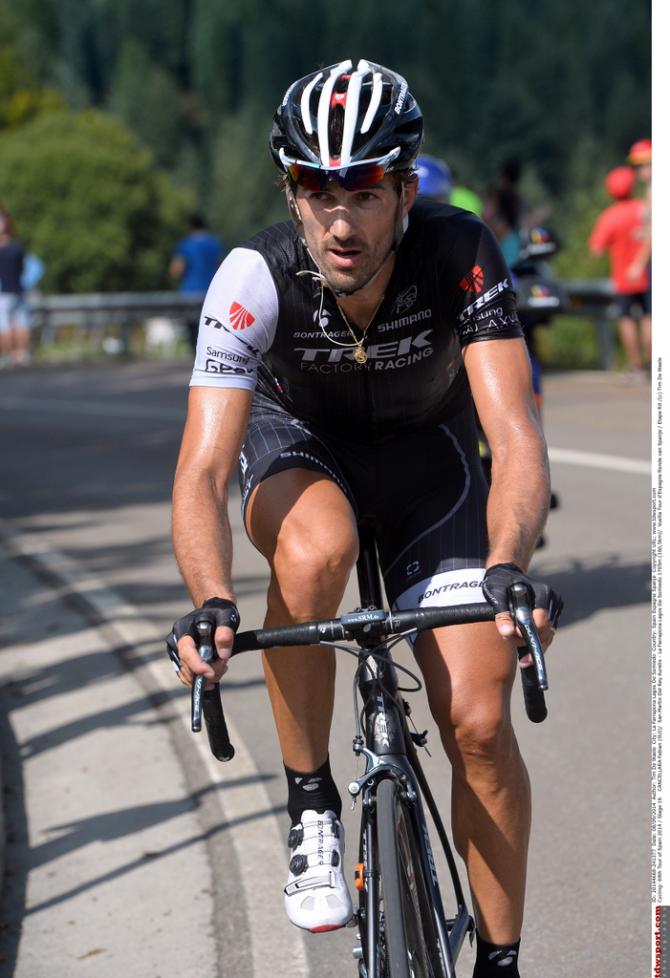
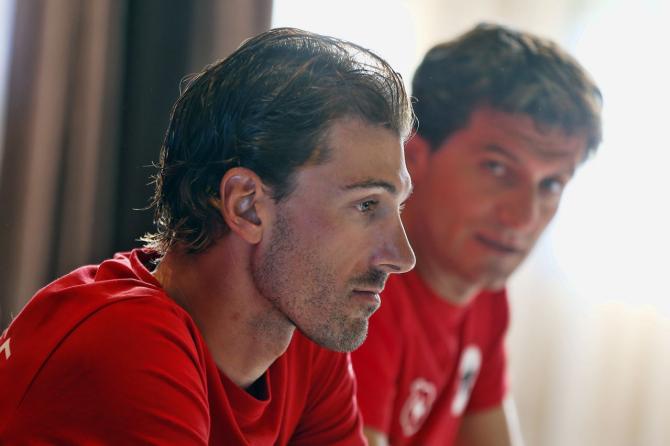
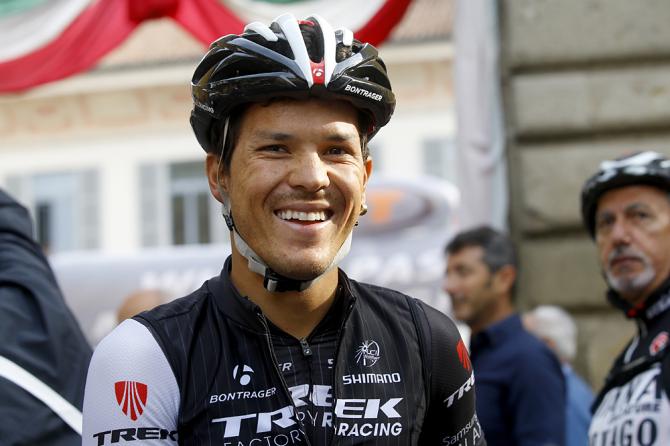
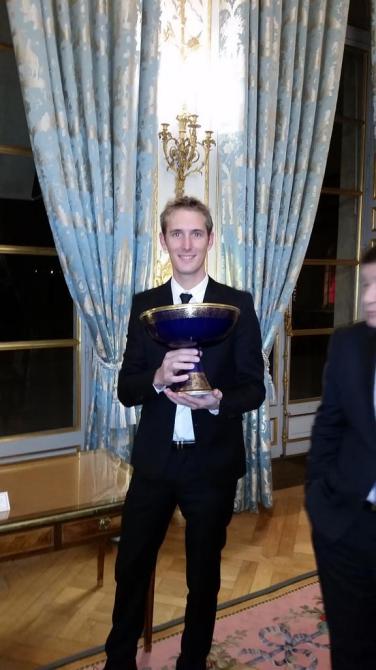
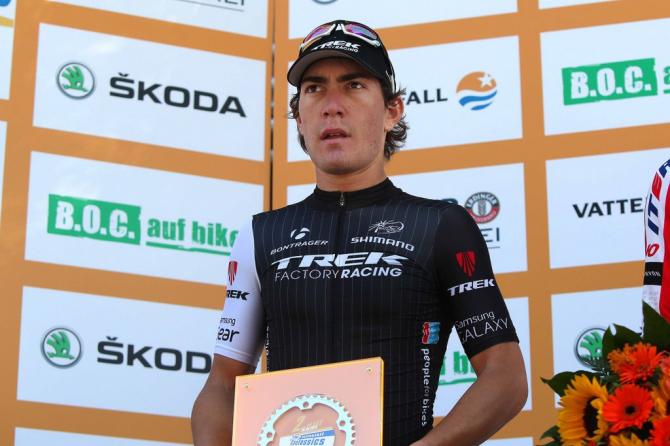
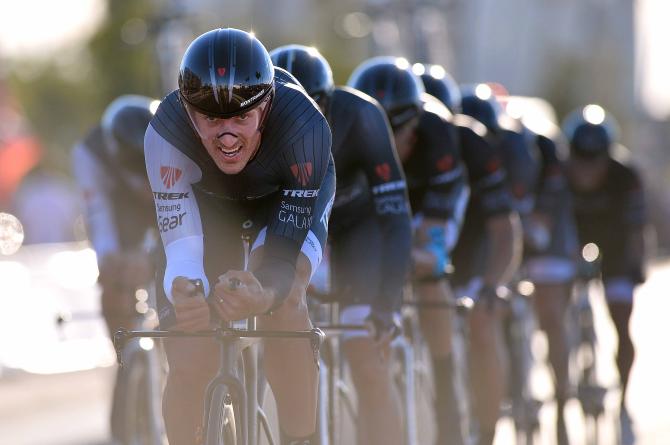
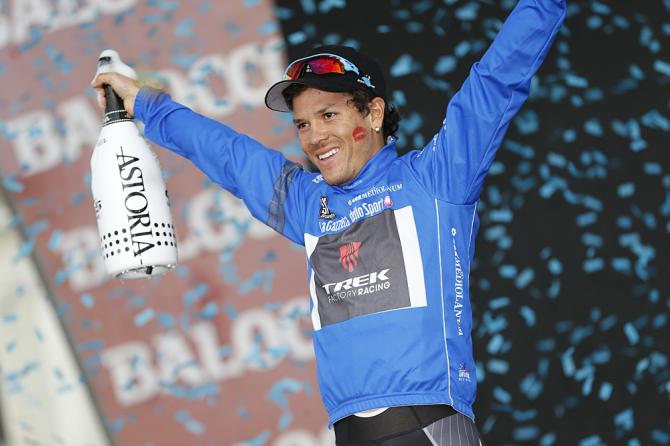
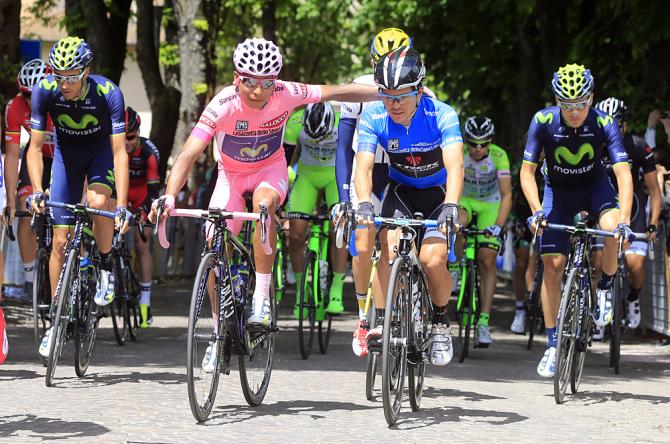
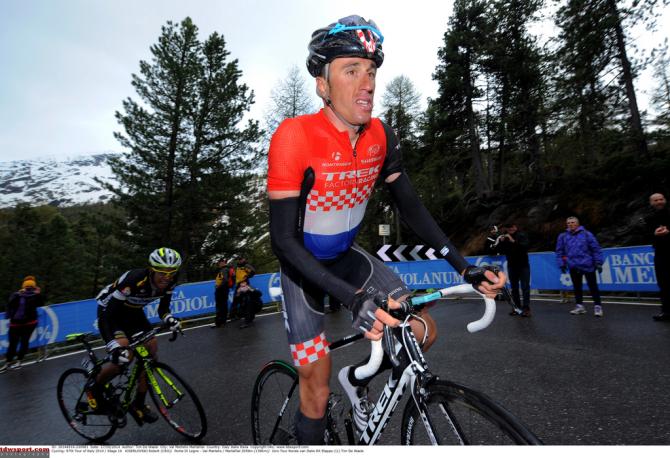
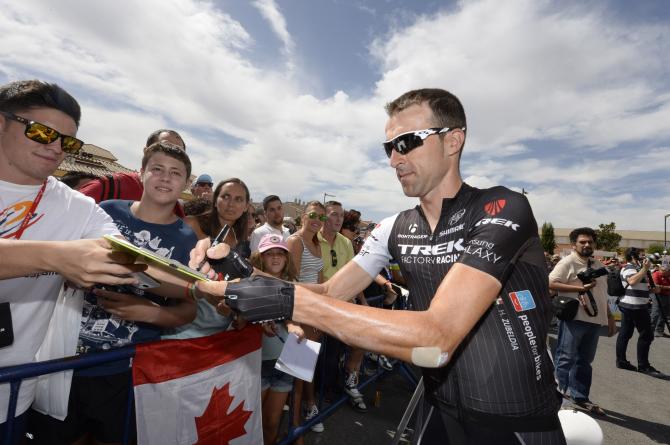
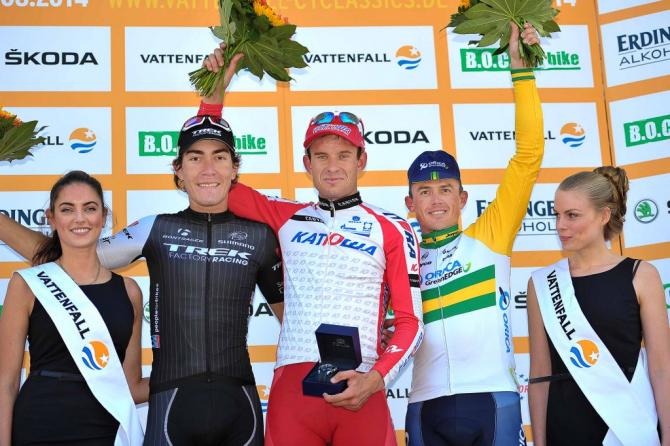
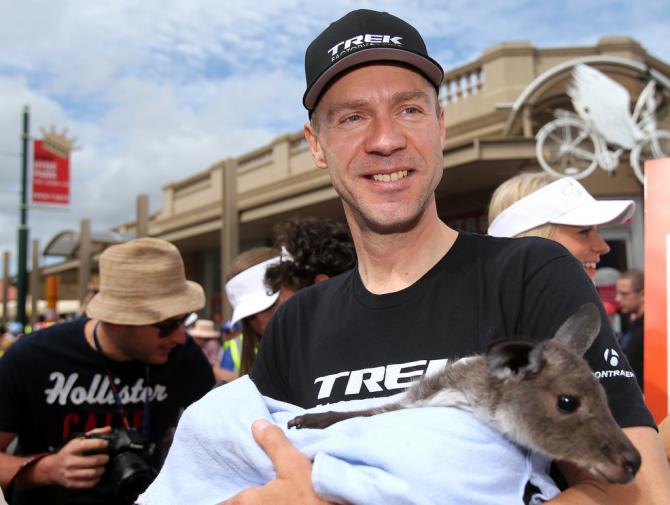
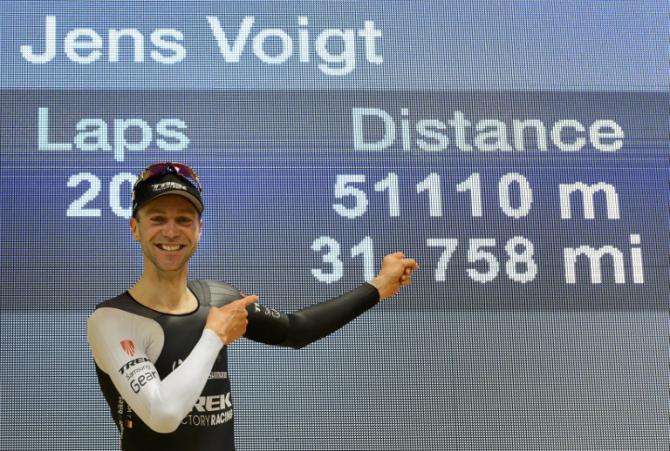
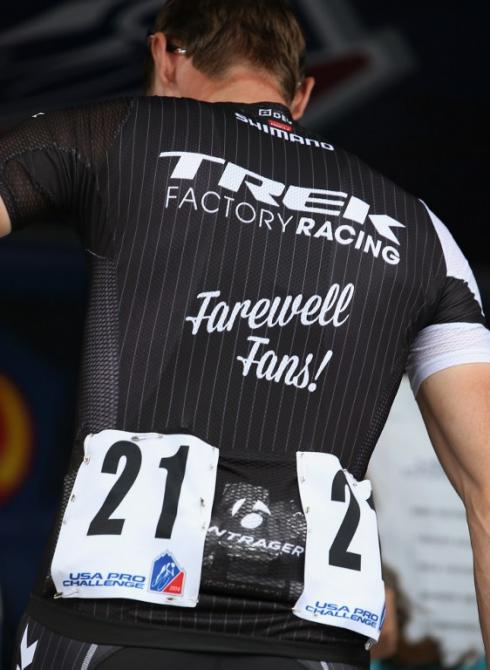
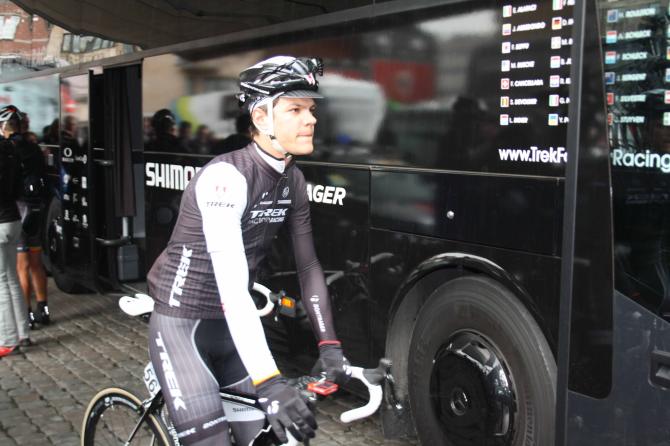
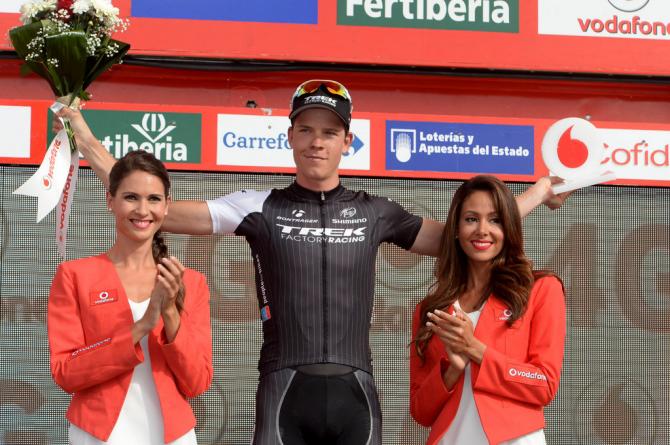
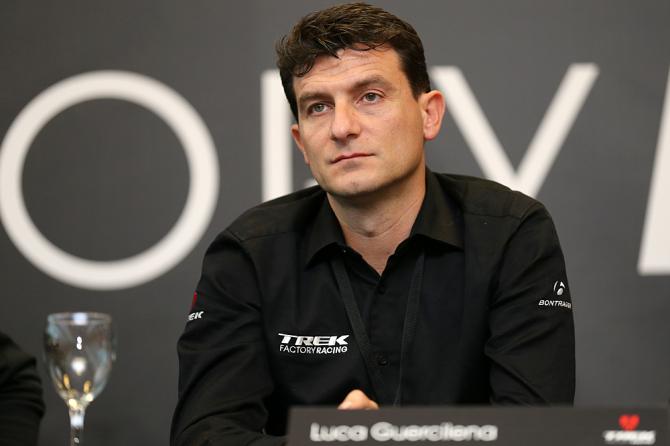
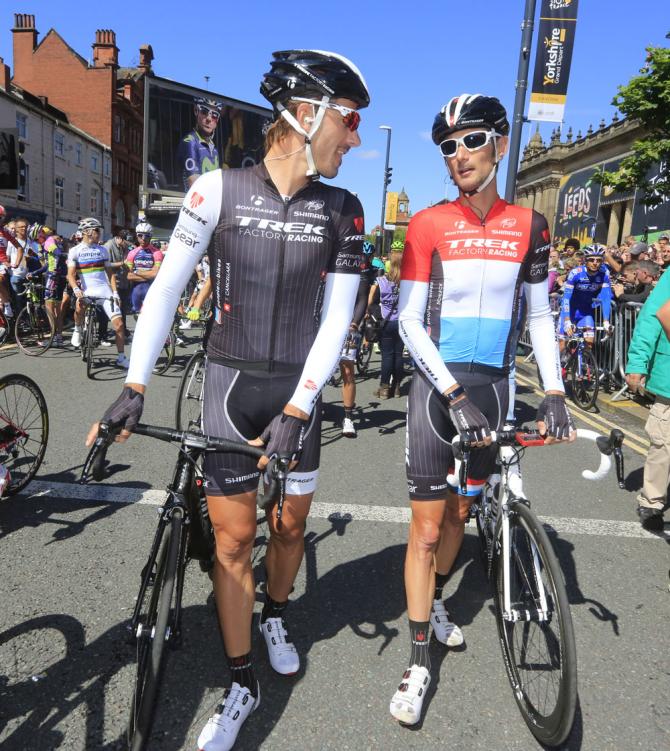
Trek Factory Racing
WorldTour ranking: 13th (down from fourth)
Win count: 19 (down from 24)
Top riders: Fabian Cancellara (11th), Giacomo Nizzolo (48th), Julian Arredondo (53rd), Haimar Zubeldia (62nd), Robert Kiserlovski (66th)
Fabian Cancellara spent much of last winter refuting the notion that the revamped Trek Factory Racing team – the offspring of the Leopard and RadioShack merger – was in any way 'his' team, but the 2014 season seemed to bear out the thesis.
True, some of Trek's youngsters showed up well at various points through the campaign and Jens Voigt's retirement season auto-generated its own series of headlines, but in purely sporting terms, the success or failure of the season was entirely dependent on Cancellara.
Fortunately for Trek, the Swiss rider is effectively money in the bank. His win rate has dropped considerably since he downscaled his interest in time trialling but Cancellara's consistency in the biggest one-day races of the season remains unparalleled. His sequence of consecutive podium finishes in the monument Classics (his crash at the 2012 Tour of Flanders excluded) now stands at a startling 12, a run stretching back to 2010.
Cancellara may have been disappointed to fall short of a third Flanders-Roubaix double but his Classics campaign can only be classed as a resounding success. After a steady build-up in the Middle East, he emerged to take second in the bunch sprint at Milan-San Remo before showing hitherto unseen (or perhaps unnecessary) guile to win the four-up sprint at the Tour of Flanders.
He finished his cobbled campaign with a third-place finish at Paris-Roubaix that was perhaps something of a disappointment, not so much for the result as for the fact that he was so outnumbered by Omega Pharma-QuickStep in the finale, though there was mitigation – Stijn Devolder was ruled out through injury and Hayden Roulston came a cropper in a crash.
After opting against the hour record once the new regulations were clarified, the remainder of Cancellara's year was built entirely around the World Championships road race. Indeed, such was the Worlds fixation that he only rode one week of the Tour – and even that, one imagines, was largely at the behest of Trek – and his lone win of the second part of the year was the Swiss time trial title.
Get The Leadout Newsletter
The latest race content, interviews, features, reviews and expert buying guides, direct to your inbox!
Cancellara was bubbling under to such effect at the Vuelta a España that some observers had him pegged as world champion in waiting, but on the big day in Ponferrada, he was beset by cramp and never a factor in the race. His disappointment at the finish was palpable: after hinting at a retirement date of 2016, he knows that he is running out of time to win the race he now covets above all others.
The long farewell
Cancellara aside, Trek's most memorable displays of 2014 came from Julian Arredondo, who seemed to spend every mountain stage of the Giro d'Italia dancing off the front before being chewed up by the pink jersey group in the finale. He got his timing right at Rifugio Panarotta, however, where he claimed stage victory and he added the mountains classification for good measure. The 26-year-old also took a brace of wins at the Tour de San Luis and showed up well at the Ardennes classics in an assured first season at WorldTour level.
Elsewhere in the stage racing unit, Robert Kiserlovski picked up 10th place in the Giro and Haimar Zubeldia took a solid 8th at the Tour de France, while Fränk Schleck – in his first year back from suspension – finished 12th. Yet, Arredondo's effervescent Giro aside, the men in black were a decidedly low-key presence in the mountains at the Grand Tours. Andy Schleck was forced out of the Tour de France early on due to the cruciate ligament injury that ultimately ended his career but it's doubtful whether the Luxembourger would have had any significant impact on the race after an indifferent build-up to the race.
This year also marked the seemingly infinite farewell tour of Jens Voigt, who was an aggressive presence from the Tour Down Under all the way through to the USA Pro Challenge, although he fell short of signing off with a win. Not to be outdone, Voigt opted to bring the curtain down on his career at 43 years of age by establishing a new hour record of 51.110km, although the mark was quickly superseded by Matthias Brändle (IAM Cycling) the following month.
At the other end of the team's age profile, Giacomo Nizzolo was hugely consistent in the sprints but still fell maddeningly short of landing a breakthrough big win. New arrival Danny van Poppel also helped himself to a couple of sprint wins and neo-professional Jasper Stuyven showed glimpses of promise, although it was a relatively quiet second professional campaign for Bob Jungels.
What to expect in 2015:
Cancellara's season is likely to follow the exact same pattern as the past two years. The opening months of the season will be about reaching a crescendo during the four weekends from Milan-San Remo through to the Tour of Flanders, and the second part of the campaign will be staked entirely on the World Championships road race in Richmond.
With that in mind, it would be no surprise if Cancellara forgoes the Tour de France in 2015, though the opening day time trial and the stage on the cobbles might yet tempt him into riding the first week. In any case, the acquisition of Bauke Mollema from Belkin means that Trek do at least have another man upon which to hang their Tour should Cancellara opt out.
Mollema's arrival will bring some much needed class to Trek's stage racing unit, although one imagines that a top-five finish at the Tour would be the very summit of his ambition. In Fränk Schleck and Zubeldia, he will have solid support and perhaps a more defined place at the top of the hierarchy than might have been the case had he stayed put.
Jungels raced a predominantly WorldTour schedule in 2014 and while that hampered his impact on the results column, it might stand to him next year. Similarly, Nizzolo seems ready to make a leap forward in the sprints, even if he has the misfortune to be competing in something of a golden era for fast men. Grand Tour stage wins are at a premium when Messrs. Kittel, Cavendish, Kristoff, Greipel and Bouhanni are on the scene.
In more global terms, manager Luca Guercilena will be aware that he must start to wean the team off their reliance on Cancellara to rack up their big wins and the bulk of their WorldTour points – all the more so if he follows through on the idea of retiring at the end of his current contract in 2016.
Since taking over a seemingly rudderless unit following Johan Bruyneel’s disastrous 2012 season at the helm, Guercilena has done very well to rebuild the team's morale, sensibly rescale their ambitions and lower their average age by bidding farewell to the likes of Chris Horner, Andreas Klöden and, more recently, Andy Schleck and Jens Voigt.
The drop down the WorldTour rankings will not have gone unnoticed, however, particular with a streamlined 16-team top flight touted for 2017. As well as continuing to work closely with Cancellara, Guercilena will hope to see some dividends from his wider rejuvenation project in 2015 to boot.
Best signing: The arrival of Bauke Mollema is a significant upgrade to Trek's existing Grand Tour roster and gives the team a much-needed focal point outside of Cancellara. Now 28, Mollema is entering what ought to be the peak of his career. While he seems several notches below the Big Four of Contador, Froome, Nibali and Quintana, on his day, he has the capacity to be among the best of the rest in the Grand Tours.
It remains to be seen whether the Dutchman can better his fine 6th place at the 2013 Tour – on that occasion and again in 2014, he appeared to flag in the third week – but his consistency is such that he should certainly be a fixture in the leading group on the climbs in July. Mollema's lack of explosiveness means that he doesn’t win as much as he might, but he does offer Trek a decent option in the Ardennes classics and will surely keep their WorldTour tally ticking over by picking up points in week-long stage races. With the 2017 reforms in mind, that's a very useful habit indeed.
Biggest loss: Andy Schleck seems the obvious choice, but then the Luxembourger hadn't performed at his best since July 2011, and, a flicker of hope at the 2013 Tour notwithstanding, his career as a top-level rider effectively ended when he fractured his pelvis in a crash during the Bourg-en-Bresse time trial at the 2012 Dauphiné.
When Schleck announced his retirement due to injury in an emotional press conference in October, many observers dutifully labelled it a sad day for cycling. But was it really? True, Schleck's career was cut short at the age of 29, but the maturity of his decision to end it now rather than rage against the dying of the light ought to be applauded. He leaves the sport with his health intact and with a stable family life. One would gladly have wished for a similarly sensible end for many others before him in the not so distant past.
From a purely sporting point of view, Kiserlovski's move to Tinkoff-Saxo is the biggest loss. Though never the most spectacular of performers, the Croatian climber picks up his share of WorldTour points: his consistency carried him to 10th at this year's Giro and also showed up well at Tirreno-Adriatico and the Volta a Catalunya.
Man to watch: In the longer term, Jasper Stuyven is an obvious prospect, but in the more immediate future, Nizzolo stands out as a man on the cusp of bigger things. The Italian clocked up just two wins in 2014 but was agonisingly close to landing some major scalps. He took four second-place finishes at the Giro – three of them behind Nacer Bouhanni – and he was also close at Hamburg and Paris-Bourges. It's only a matter of time, surely. Turning 26 in January, Nizzolo will certainly feel that 2015 is the year to make the step up from also-ran to leading man.

Barry Ryan was Head of Features at Cyclingnews. He has covered professional cycling since 2010, reporting from the Tour de France, Giro d’Italia and events from Argentina to Japan. His writing has appeared in The Independent, Procycling and Cycling Plus. He is the author of The Ascent: Sean Kelly, Stephen Roche and the Rise of Irish Cycling’s Golden Generation, published by Gill Books.